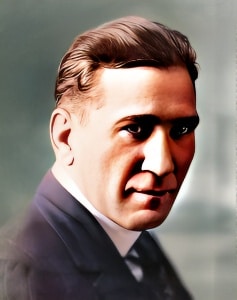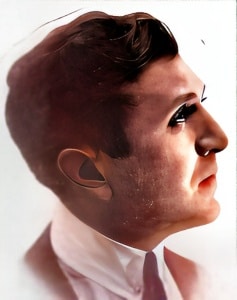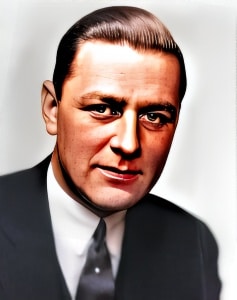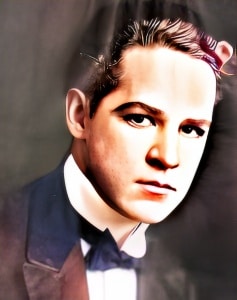 Bert Appling, a versatile actor of the early years of American cinema, made significant contributions to the silent film era and the transition to sound films.
Bert Appling, a versatile actor of the early years of American cinema, made significant contributions to the silent film era and the transition to sound films.
Born on March 1, 1883, in Honolulu, Hawaii, Appling’s career spanned several decades, showcasing his adaptability as an actor and his ability to portray a wide range of characters.
During the early 20th century, silent films were the primary medium of entertainment, relying on visual storytelling and nonverbal acting to convey emotions and narratives. Bert Appling’s ability to engage with this medium and captivate audiences through his performances demonstrated his acting prowess.
Appling appeared in a variety of silent films, including comedies, dramas, and character-driven roles. His filmography showcased his versatility as an actor, as he seamlessly transitioned from one genre to another, showcasing his dedication to his craft.
One of the remarkable aspects of Bert Appling’s career was his work with pioneering directors, including D.W. Griffith and Mack Sennett. His performances in their films contributed to the success of these renowned directors. Appling’s ability to adapt to different styles of filmmaking and convey authentic emotions on screen made him a valuable asset in the silent film industry.
The transition to sound films marked a significant shift in the film industry, challenging many silent film actors to adapt to this new era. Bert Appling’s adaptability allowed him to navigate this transition successfully, emphasizing his commitment to his craft.
Despite the passing of time and changes in the film industry, Bert Appling’s contributions to early cinema remain a testament to his talent and dedication as an actor. His work in the silent film era and his successful transition to sound films underscore his versatility and enduring presence in the world of cinema.
In conclusion, Bert Appling was a talented actor in the early years of American cinema, known for his adaptability and versatility. His career spanned the silent film era and the transition to sound films, during which he showcased his dedication to his craft. While his name may not be as widely recognized today as some of the leading actors of his time, his performances and his ability to adapt to the changing landscape of the film industry remain a valuable part of the rich history of early Hollywood.
Loading live eBay listings...




